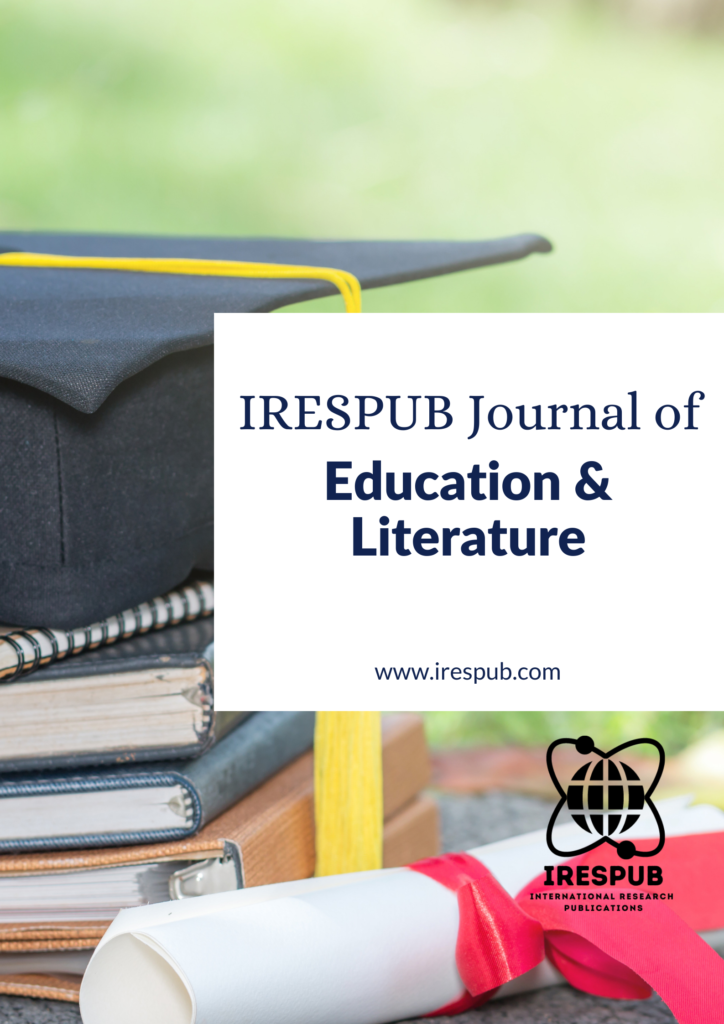
Year Launched: 2021
Journal Menu
- Scope & Research Areas
- Instructions for Authors
- Article Processing Charge
Journal List
- Natural & Applied Sciences
- Life Sciences
- Business Management
- Education & Literature
- Humanities & Cultural Studies
- Medical & Dental Sciences
- Engineering & Computer Sciences
- Agriculture, Food & Nutrition
- Environmental & Material Sciences
- Wellness & Lifestyle Management
- Arts & Ideas
- Law, Policy & Religion
Effect of Intelligence Tutor Learning Software on Students’ Academic Achievement Brick/Block Laying and Concreting Programme in Technical Colleges in Delta State
Volume 3, Issue 2, Mar-Apr 2024 | Page 1-11 | PDF (471K) | Pub. Date: April 19, 2024
Author(s)
Iyamu Osafanmen Victor1, Ezenwata Chidozie Jovita2 & Ukwumonun Etubi3; 1Federal College of Education, (Technical) Asaba, Delta State, Nigeria; 2Department of Building Technology, Federal Polytechnic, Oko, Nigeria; 3Department of Building, Faculty of Environmental Science, Nnamdi Azikiwe University, Awka, Anambra State, Nigeria
Abstract
The study focused on the effect of intelligence tutor learning software on students’ academic achievement in brick/block laying and concreting programmes in Technical Colleges in Delta State. Specifically, three objectives, research questions, and hypotheses guided the study. Quasi-experimental research design was used for this study. The population for the study comprised 160 NTC II brick block laying and concreting students in the six Technical Colleges in Delta State selected for the study. A purposive random sampling technique was used to select the two schools in Delta State. The instrument, lesson plans, and the Table of Specification/Test Blue Print were subjected to face and content validation by two experts. The instrument yielded a reliability index of .87. The instrument for data collection was brick block laying and concreting (BBLCT) which has five parts according to the topics outlined and was used for data collection. The finding of the study shows that the mean score for the experimental group is higher than the control group, indicating that those taught construction management with the intelligence tutor learning technique performed better than those who were taught using the lecture method in technical colleges in Delta State. The finding of the study shows that there is a significant difference between the mean scores of students taught building drawing and design using intelligent tutor technique and those who were taught with lecture method in Technical Colleges in Delta State. Based on the findings of the researcher, the following recommendations were made: The use of the intelligence tutor learning software should be encouraged as this would help students to study at their own pace in Technical Colleges in Delta State. Philanthropists and stakeholders in technical colleges should create good content of intelligence learning software for students in brick/block laying and concreting programmes in Technical Colleges in Delta State. This could train the students on the current skills required in the industry.
Keywords
intelligence tutor learning software; brick/block laying and concreting programme; technical colleges
Cite this paper
Victor, I. O., Jovita, E. C., Etubi, U. (2024), Effect of Intelligence Tutor Learning Software on Students’ Academic Achievement Brick/Block Laying and Concreting Programme in Technical Colleges in Delta State, IRESPUB Journal of Education & Literature. Volume 3, Issue 2, Mar-Apr 2024, Page 1-11
References
[1] Afolabi, S.S. (2019). Teaching method and textual material variables as correlate of students’ learning outcomes in senior secondary school mathematics. Ph.D. Post-field Seminar Department of Teacher Education, University of Ibadan.
[2] Akpan, D. A. & Williams, P.S. (2014) Technical vocational education and training for Nigeria: History and National Industrialization for Sustainable Development in the 21st Century
[3] Ameh, S., Dania, A., Zubairu, I. and Bustani, S. (2010), “Sustainable Construction Education: Assessing the Adequacy of Built Environment Professional’s Training”, in Proceedings West Africa Built Environment Research (WABER) Conference in Accra, Ghana, pp. 509-23.
[4] Beamon, B. M. (2008). Intelligent Tutoring Systems and Learning Outcomes: A Meta-Analysis. Operations and Supply Chain Management, 1(1), 4-18.
[5] Brandenburg, M., Govindan, K., Sarkis, J. & Seuring, S., (2014). developed and validated electric machine winding intelligent tutor (EMWIT). European Journal of Operational Research, 233 (2), 299-312.
[6] Chijioke, P., & Tambari, M. (2017 Mar.). Technical, Vocational Education and Training as a Tool for Sustainable Empowerment of Youths in Niger Delta Nigeria: International Journal of Social & Science Educational Research 5(1),29-38
[7] Dania, A. A., Kehinde, J. O. & Bala, K. (2017). Differential Efficacy of an Intelligent Tutoring System for University Students: A Case Study with Learning Disabilities in Nigeria. In Proceedings of the 3rd Scottish Conference for Postgraduate Researchers of the Built and Natural Environment, Glasgow, pp. 121-129
[8] Davidson, E. J. (2014). Evaluation methodology basics: The nuts and bolts of sound evaluation. Thousand Oaks, CA: Sage. Retrieved from http://www.un.org/esa/coordination/public_multi.htm on 29th March, 2011
[9] Dimelu, I. N. (2014). Competency-Improvement Needs Teachers of Home Economics in the use of ICT for effective Teaching in Colleges of Education in South Eastern, Nigeria. Journal of Nigerian Vocational Association 14 (2) 17-25. 80.
[10] Ezeani,A. N. & Urama, M. S. (2014). Technical Vocational Education and Training (TVET) and the nation’s industrial development. A Paper presented at the Clute Institute International Academic Conference, Munich, Germany
[11] Faga, W.T (2011). Measures for improving the acquisition of psycho-productive skills in auto-mobile technology students in Northeastern States of Nigeria. Unpublished M.Ed Thesis, University of Nigeria Nsukka.
[12] Federal Republic of Nigeria (2013). National Policy on Education (6th Edition.) Lagos: Nigeria Educational Research and Development (NERDC) Press.
[13] Fournier-Viger, P., Nkambou, R., & Mephu Nguifo, E. (2010). Building intelligent tutoring systems for ill-defined domains. In Nkambou, R., Mizoguchi, R., Bourdeau, J. (Eds.). Advances in Intelligent Tutoring Systems, Springer, p.81-101.
[14] FRN Federal Republic of Nigeria (2014). National policy on education (4th ed). Lagos: Nigerian educational research and development council (NERDC).
[15] Geral, R.S. (2013). The Effects of video modelling on inappropriate behaviour of elementary School Students. Retrieved from http://www.wcupa.edu/ undergradateresearch/journal/../geral_53212.pdf
[16] Gilchrist, L. (2013). Effects of video self-modelling as an intervention for teenagers with social anxiety. Retrieved from http://www.ir.canterbury.ac.nz/btstream.
[17] Hamza, S. (2010). Strategies for enhancing school-to-work transition for effective work preparation of Building Technology students in the tertiary institutions in Kaduna and Katsina States of Nigeria. Unpublished Master’s Thesis. Department of Vocational Teacher Education, University of Nigeria, Nsukka.
[18] Matar, M., Georgy, M., and Ibrahim, M.E. (2018), “Sustainable Construction Management: Introduction of the Operational Context Space (OCS), Construction Management and Economics, Vol. 26, pp. 261-275.
[19] National Board for Business and Technical Education (2004). State government technical colleges. Retrieved 31st May, 2014 from nbte.gov.ng/inst_09.html
[20] National Board for Technical Education (2013). List of government technical colleges. Retrieved November 8th 2013 from www.nbte.gov.ng
[21] National Business and Technical Examinations Board (NABTEB) (2004). Syllabus for engineering trades for the national technical certificate examinations. Benin City: Yuwa Printing Press.
[22] Odu, O. K. (2012). Technical and managerial skill needs of block laying and concreting graduates for effective entrepreneurship in Nigeria. Asian Journal of Management Sciences and Education, 1(1), 102-121.
[23] Okafor, P.N. (2016). The need for Skill Assessment and Evaluation of skill impact in simulating Education and Productive Work, Lagos: Macmillan Ltd
[24] Okeke, O.C. (2016). Educational Technology and primary science teaching: Implications for Nigeria’s Technological Emancipation. Journal of Technical Education Review. 2. (2), pp.32-39
[25] Olaitan, S.O. (2016). Vocational Technical Education in Nigeria (Issues and Analysis,) Onitsha: Noble Graphic Press.
[26] Onwuchekwa, A.K. (2013). effect of computer-assisted instructional (CAI) packages on the performance of the secondary school in Nigeria. Journal of Technology and science Education, 1(2),10-13.
[27] Oyenuga, A.O. (2019). Effect of models on interest and academic achievement of automechanics students in technical colleges in lagos-state. Unpublished Ph.D. Thesis, Department of Vocational Teacher Education, University of Nigeria, Nsukka.
[28] Samuel, K. A and Kissi, E. I. (2013). Technical and vocational education and training in Ghana; A tool for skills acquisition and industrial development. Journal of Education and Practice, 4(16). 172-181.
[29] Tantawi, H. M. Y. (2015). Introduction to Concrete Technology. Saudi Arabia: Fahad Bin Sultan University Tabouk
[30] Tukur, T., Tahir, A. A. & Saidu, B. A. (2018) Effects of Inquiry Teaching Method on Students’ Performance in Bricklaying, Blocklaying and Concreting Trade In Technical Colleges Of Gombe State Nigeria. ATBU, Journal of Science, Technology & Education (JOSTE); 6 (3), 238-253

